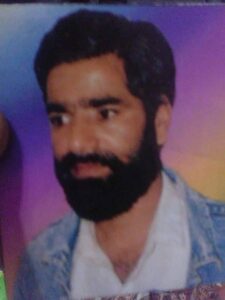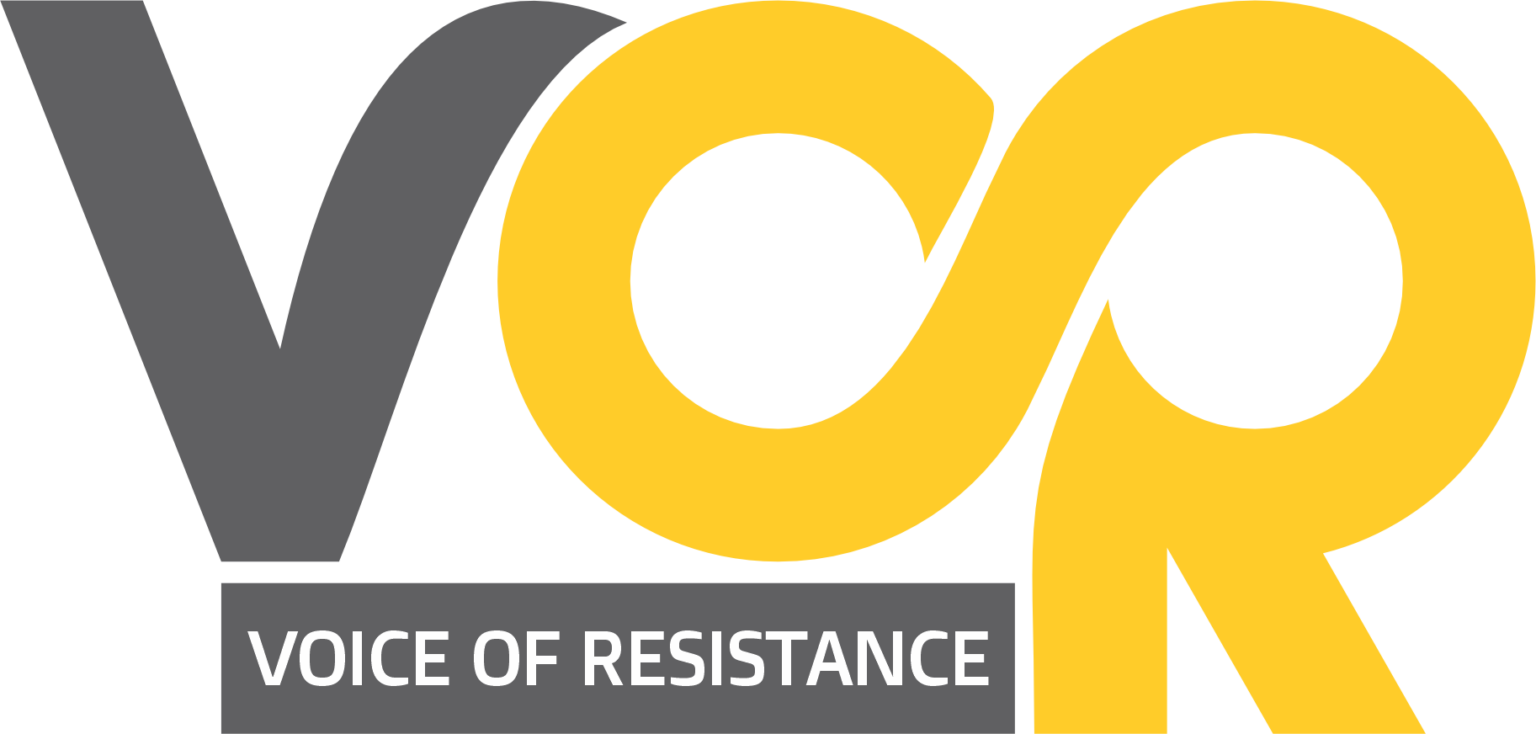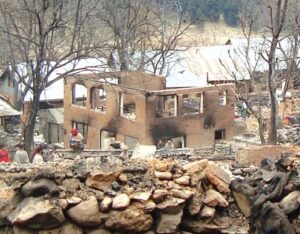
Remembering Shaheed Shamsul Haq
Abdul Majeed Rather
On this day, thirty-one years ago, Commander Shams-ul-Haq, known in life as Ghulam Muhammad Mir, laid down his life for the freedom of Jammu and Kashmir. A teacher, thinker, and Mujahid, his martyrdom in 1993 near his ancestral village of Khag, Budgam, became a chapter of extraordinary sacrifice, remembered with reverence by all who cherish the ideals of justice and liberty.
Shams-ul-Haq was a man of character whose actions spoke louder than words. What he taught others, he practiced himself, and in the end, sealed his beliefs with the ultimate sacrifice. His resolve set him apart in ways that are rare to find. Born in times when society was engulfed by despair, he was known as a man of conscience, someone who stood tall against oppression and ignorance alike.
At a time when being an Islamist was synonymous with facing persecution, he encountered challenges not just from adversaries but even from his own community. His personal life was scrutinized and mocked in public, a cruel pastime for those who took pleasure in targeting people of faith. Shams-ul-Haq, however, bore it all with remarkable patience. He forgave his detractors, encouraged others to do the same, and consistently worked towards fostering unity.
He understood the deeply rooted influence of pro-India political entities like the National Conference and Congress in Kashmiri society. To dismantle this stranglehold, he dedicated his life to remove this cancer from the society. Over time, he became a figure who symbolized both resilience and sacrifice.
The fraudulent elections of 1987, where the Muslim United Front’s rightful victories were stolen, proved to be a turning point for many in Kashmir. After the eruption of an armed struggle against the Indian occupation of Kashmir, a generation of youth decided to participate in it. Shams-ul-Haq stood with them and thus guiding and shaping the movement as it gained momentum. Under his leadership, the freedom struggle found direction, and those who joined its ranks drew strength from his example.
While he was a commander on the battlefield, he was also a scholar and a man of intellect. Shams-ul-Haq was highly educated, holding advanced degrees in English, Urdu, and Arabic, and possessed a deep understanding of Islamic teachings. His articles regularly appeared in Azan, a publication led by Sheikh Tajamul Islam, and his personal library housed a collection of invaluable Islamic literature. Even during his time at the Base Camp, he used every opportunity to contribute and wrote a book that was later published by Jamaat-e-Islami Azad Jammu and Kashmir.
Shams-ul-Haq’s devotion to the movement remained steadfast until his final breath. On December 16, 1993, he was martyred in a fierce confrontation with Indian forces. He had been advised by many to step away from the battlefield and to take a less perilous role. Leaders like Qazi Hussain Ahmed and General Hameed Gul even urged him to remain in safety, but his principles did not allow for it. He chose the path of sacrifice, a decision that spoke volumes about his integrity and belief in the cause.
It seems almost symbolic that his martyrdom occurred on the same date as the fall of Dhaka in 1971, a tragedy that had deeply saddened him. On that day, his blood became an offering, as if to heal the wound left by history.
Shams-ul-Haq’s family, too, paid a heavy price for their commitment to freedom. His brother Ali Muhammad Mir and maternal uncle were martyred, while his son and nephew spent years in Indian jails. The family’s sacrifices mirrored the values he upheld throughout his life.
Kashmir lost not just a fighter but also a thinker and a guide. His writings, his dedication, and the life he lived remain an inspiration for those who continue the struggle. His legacy is a reminder that true leaders are not made through positions of power but through the choices they make when faced with adversity.
May Allah accept his sacrifices and elevate his station among the martyrs. It is the blood of men like Shams-ul-Haq that nourishes the hope for a brighter tomorrow in Kashmir.



